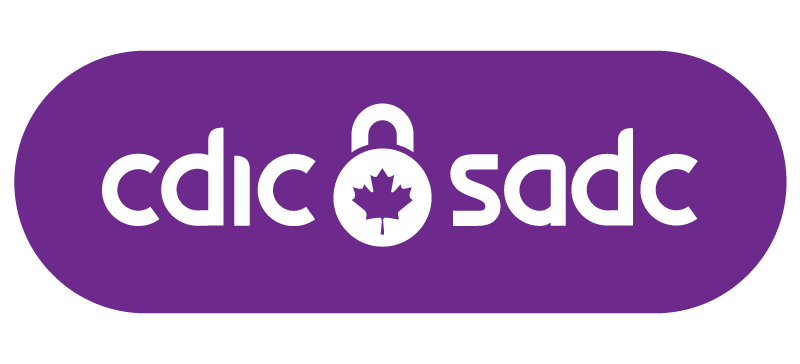Home Ownership
Is now the time to buy a house? It's a fair question. Buying a house is possibly the biggest purchase of your life. Is it a good idea to buy while you are attending school? There are some questions to ask yourself before you can come up with the right answer.
Can I Afford It?
The primary consideration is whether or not you have the capital, or the resources, to make the necessary down payment. If you do, it's possible that you can live rent-free, and establish a great credit rating, while attending a post-secondary institution.
If you buy a house with extra bedrooms and enough living space, you can pay off the mortgage by getting renters to live with you. The rent you charge can cover your mortgage payment each month. Remember to take into account house insurance and applicable taxes.
What are the Benefits?
Instead of paying rent, which goes toward somebody else's mortgage, you will be paying your own mortgage, and building equity. If you choose to move somewhere else after you finish school, you can sell the house and gain liquidity. You can use this to put a down payment on another home, or invest it.
Sometimes a post-secondary education takes longer than you imagined. A four-year degree can take five years. An undergraduate degree can become a Masters, or even a Ph.D., and the longer you stay in your house, the more you will be able to pay toward the mortgage.
But all of these things are just the financial benefits. There is also the pride in ownership, the satisfaction of being a stable part of the community. You can choose the type of house and the sort of neighbourhood that you want to live in. There is more living space in a house than there is in the usual student dormitories. You can even have your own yard...Think of the possibilities.




